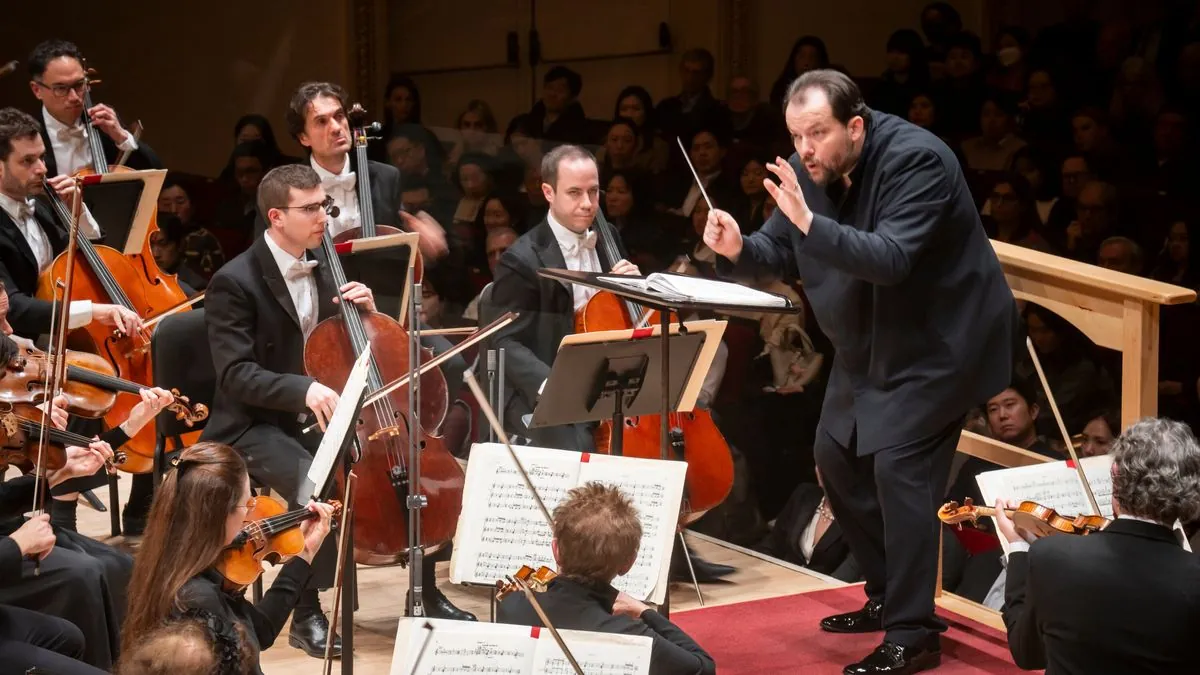Richard Dyer, a prominent figure in classical music criticism, passed away on September 20, 2024, at the age of 82. His brother, Davis Dyer, attributed the cause to a series of strokes. Dyer's influence on Boston's cultural landscape was profound, spanning three decades as the chief music critic for the Boston Globe from 1976 to 2006.
Dyer's career coincided with significant developments in classical music. His tenure at the Globe overlapped with the establishment of several important musical institutions. The Aspen Music Festival and School, founded in 1949, and the Van Cliburn International Piano Competition, established in 1962, both benefited from Dyer's expertise as he served on their juries.
The critic's journey began in Mineral Wells, Texas, where he was born on December 29, 1941. His early exposure to opera, courtesy of his grandparents, sparked a lifelong passion for music. After graduating from Hiram College in 1963, Dyer pursued music studies in Paris, including attending the final master classes of renowned pianist Alfred Cortot.
Dyer's academic pursuits were diverse, reflecting the breadth of his interests. He obtained a master's degree in English from Harvard University in 1968 and was working towards a PhD on 18th-century author Oliver Goldsmith when he joined the Boston Globe. This multidisciplinary background enriched his approach to music criticism.
His writing was characterized by deep musical knowledge and incisive observations. Dyer gained recognition for his candid review of soprano Renata Tebaldi's performance, published in the New York Times in 1973. This review exemplified his willingness to challenge the status quo in music criticism.
"No matter that she displayed all the faults that critics have long mourned... The public came to adore; she came to be Tebaldi and to be adored."
Dyer's influence extended beyond print media. He taught at the Tanglewood Music Center and led seminars at prestigious institutions such as the New England Conservatory, Boston University, and the Aspen Music Festival. These educational endeavors allowed him to shape future generations of musicians and critics.
Throughout his career, Dyer received numerous accolades, including two Deems Taylor Awards from the American Society of Composers, Authors, and Publishers (ASCAP) for distinguished music criticism. These awards, established in 1967, recognized Dyer's significant contributions to the field.
Dyer's legacy is intertwined with the rich history of classical music in Boston. The Boston Symphony Orchestra, founded in 1881, was a frequent subject of his reviews. He wrote extensively about Seiji Ozawa's tenure as music director, praising his "physical gift for conducting" and describing him as "calligraphy in motion."
In his farewell column for the Boston Globe in 2006, Dyer expressed optimism about the future of music. He emphasized the enduring power of human connection through music, echoing Beethoven's words on the score of the Missa Solemnis: "From the heart, may it go to the heart."
Richard Dyer's passing marks the end of an era in music criticism. His insightful commentary and dedication to the art form have left an indelible mark on the world of classical music, inspiring both musicians and audiences alike.
